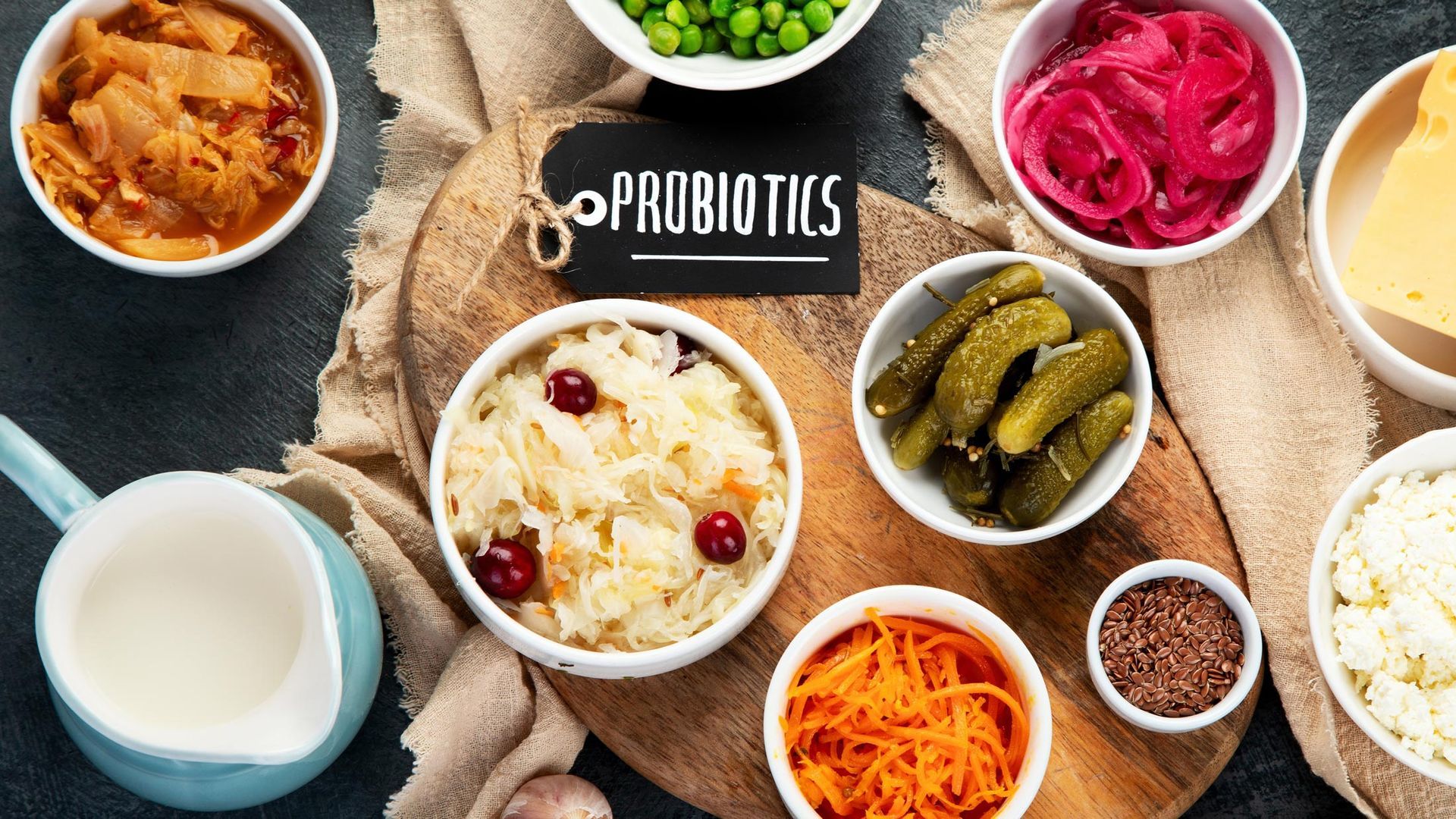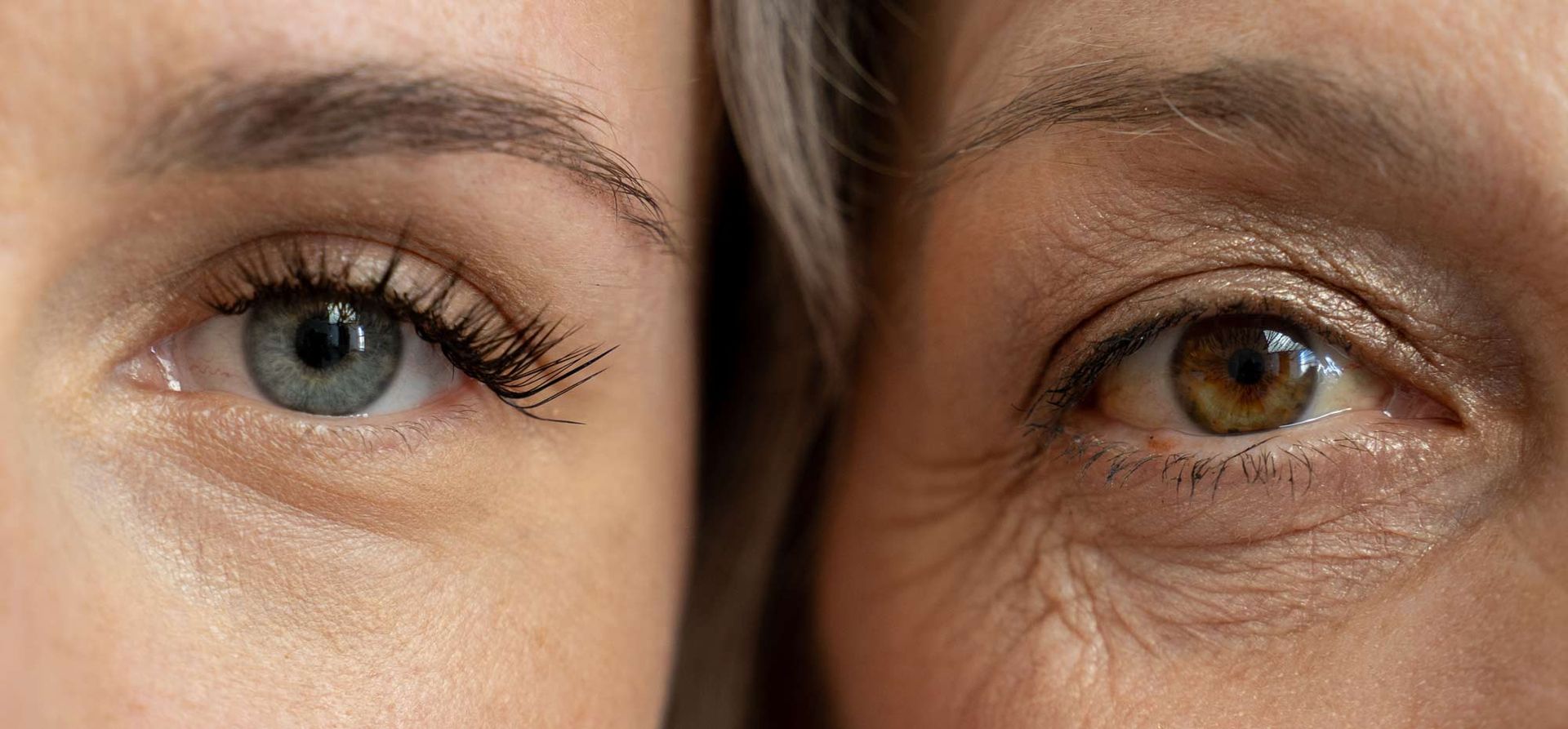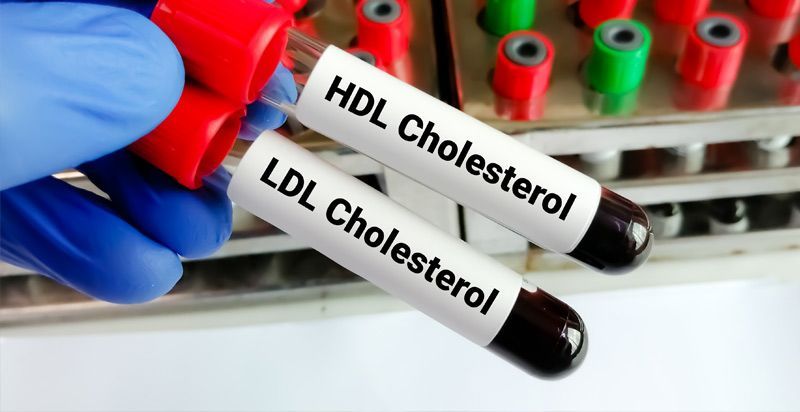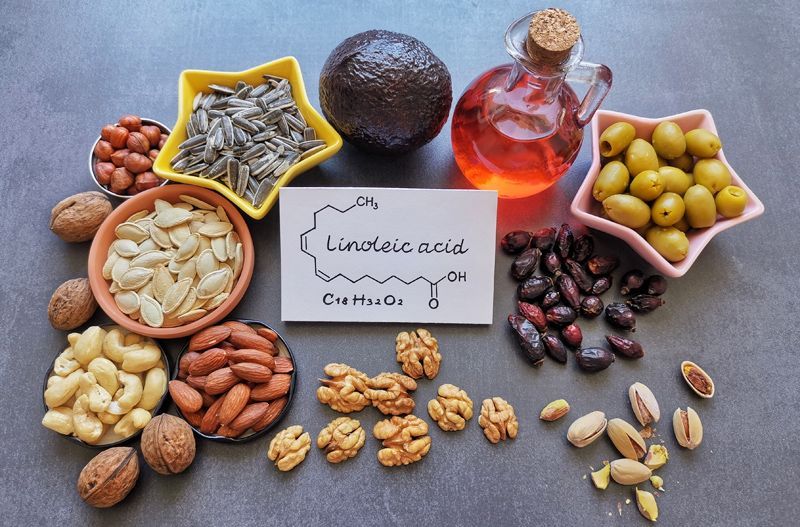Should Everyone Take A Probiotic?
How to use probiotics for optimum gut health.

Probiotics are mostly bacteria but can be other microorganism species, like yeast species, that are considered beneficial to your health and microbiome. Your digestive tract hosts an estimated 100 trillion microorganisms, and we actually have more bacteria in our bodies than we have cells. Bacteria are essential to help our bodies function optimally. Taking a probiotic can change the microbiome's composition by introducing certain beneficial microorganisms into our digestive tract.
Many different strains of probiotics and combinations of species in different probiotic products are marketed by the many nutritional companies that sell them. Some probiotic products have as little as one strain of microorganisms, and others can have ten or more strains. I have rarely found that probiotic products with many strains, muscle test, and work well for my patients. When I test a patient for a probiotic, most probiotic products that test well have no more than 4 or 5 strains. I believe that too many strains can compete with each other and, in some people, be a problem.
When I work with the microbiome, I muscle test for microorganism imbalance—such as an overgrowth of fungus, parasitic species, bacteria, rickettsia, protozoa, amoeba, spirochetes, viruses, etc. In order to have the most impact on gut health, it is extremely important to eliminate the overgrowth of harmful microorganisms. This is achieved through anti-microbial supplementation. Once the microbiome is balanced, some people may require a probiotic for the stability of the gut, but many people do not. They may require certain supplements that feed the existing bacteria and maintain the existing microbial balance, but not by introducing a certain microbial strain or strains to the gut.
Prebiotics, as opposed to probiotics, are a class of substances that help feed the good bacteria. A common prebiotic is inulin; I have found this can increase the effectiveness of certain probiotic strains. Certain foods like asparagus and artichokes act as prebiotics and feed the good bacteria.
Muscle testing can determine whether a patient requires a probiotic, the strain (or multiple strain) product that best matches their microbiome, and the dosage and frequency. Without some form of testing, it is a guessing game at best as to what probiotic aligns with a patient's microbiome. Our genetics influence what strains are best for us. One person may do better with a lactobacillus species, while another may require another species like Bifidobacterium.
Researchers at the University of Virginia School of Medicine recently discovered that Lactobacillus species dampened the stress response and helped to regulate moods associated with anxiety and depression. This was reported in the Dec. 3rd, 2023 Sci Tech Daily. This research from Alan Gaultier, Ph., and his team was able to explain how Lactobacillus influences behavior and how a lack of lactobacilli can worsen depression and anxiety.
The lactobacilli were found to modulate levels of an immune mediator called Interferon-gamma. Lactobacilli is found in fermented foods. Fermented foods in moderation can be an excellent addition to the diet as long as you are not sensitive to tyramine. Tyramine is one of the food chemicals that I include in my food sensitivity muscle testing, so that's an example of how one size does not fit all with regard to diet and supplementation.
Lactobacillus acidophilus can help to support ulcerative colitis patients. Lactobacillus rhamnosus and Lactobacillus reuteri can support women's urogenital system. Lactobacillus casei and paracasei can support blood sugar imbalances. Bifidobacterium brevi has been shown to help with the immune response.
Some of the best foods to get the benefit of Lactobacilli are buckwheat, apples, walnuts, artichokes, and fermented foods such as sauerkraut and pickles. Pickles, when they are truly fermented, which is usually noted on the container, are generally found in refrigerators at grocery and health food stores. (Most products on non-refrigerated shelves these days are not truly fermented.)
Saccharomyces boulardi is a yeast that acts as a probiotic, and previous research has shown its benefit in helping with candida, eczema, and diarrhea—a 2019 study by F Briand et al. Benef Microbes concluded the beneficial effect on cholesterol and triglycerides from Saccharomyces boulardi.
Probiotics can be a helpful addition to a supplement protocol, but not everyone should take them. Muscle testing is essential to determine the correct supplement protocol and duration of any supplement, which is the most beneficial way to determine if something is right for you.








